
The popularity of 'Extraordinary Attorney Woo' sparked debate over whether a lawyer with autism is possible in real life.
The main character Woo Young Woo, played by actress Park Eun Bin, has an Autism Spectrum Disorder (ASD) and is just high functioning enough to practice law in court. Thanks to the realistic performance by the actress and the popularity of the series, many wonder if such a lawyer is possible in real life.
While there are a few attorneys with ASD in the U.S., no one among 26,486 registered attorneys in Korea has ASD. However, it isn't entirely impossible for someone with ASD to become a lawyer as the bar does not discriminate against disability. Anyone who graduates from 25 accredited law schools in Korea can take a bar exam and become an attorney.
Lawyer Shin Min Young who advised the show regarding its legal portrayal said, "Though it's not truly comparable, those who have a visual or auditory disability have been active as judges for over a decade. I believe an autistic attorney is possible too." Lawyer Ji Yong Chul also said, "It could be harder to assign tasks due to societal stereotypes but if someone passed a bar competing with others without disability, that in itself proves the exceptional ability of that person. I would always welcome someone with passion and fresh perspective like Woo Young Woo as my teammate."
Partner at TheKim law firm Park Kyu Chul, however, disagreed, "Not one case had been overturned because of a genius intake. There are precedents and statutes that make a case predictable. Prolonged research is more helpful to the client than a fresh perspective on a case."
Many say social prejudices are the major deterrence. An in-house lawyer commented, "I wonder if a desperate client would accept a rather unconventional attorney as his legal representative."
Regardless, lawyer Shin Min Young continued, "It's just a problem of unfamiliarity. Someone will take on a challenge just like Billy from 'Billy Elliot' even if she or he has a disability."
 SHARE
SHARE
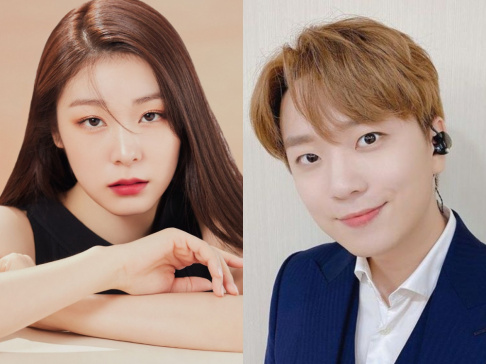

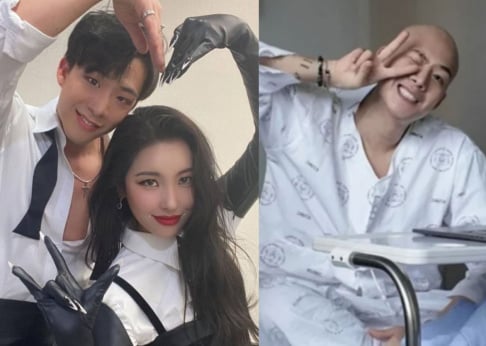
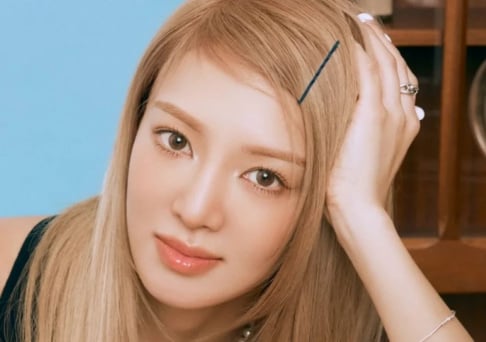

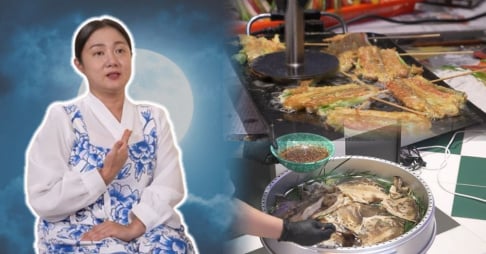

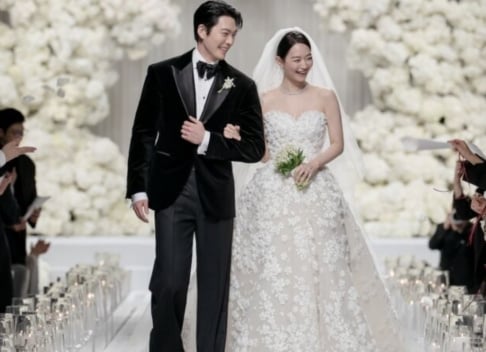
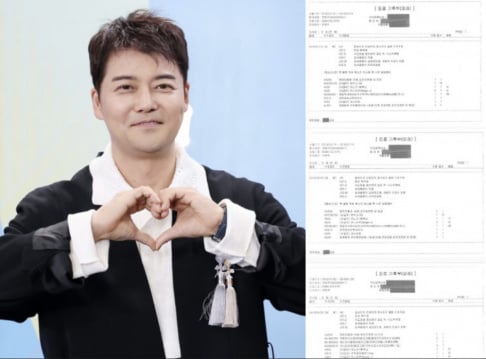
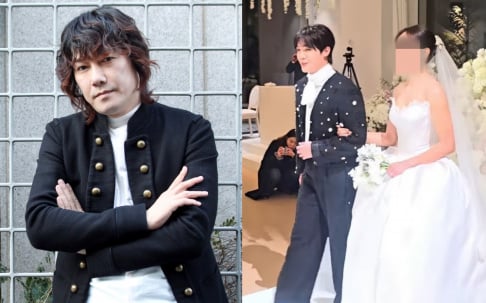

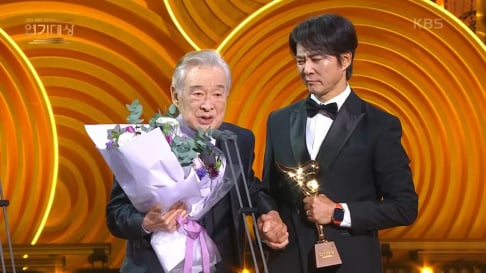
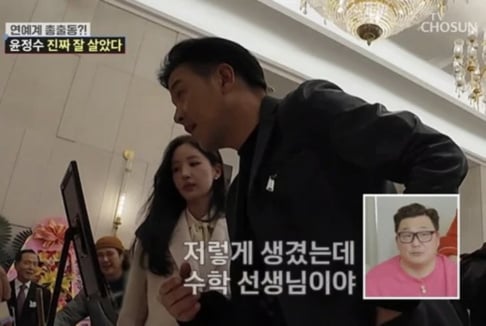




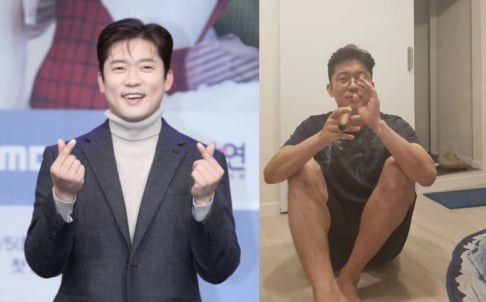
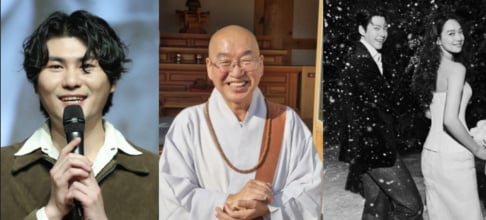
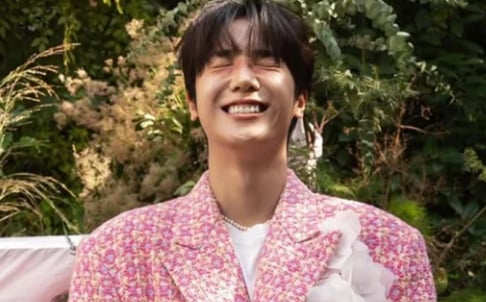
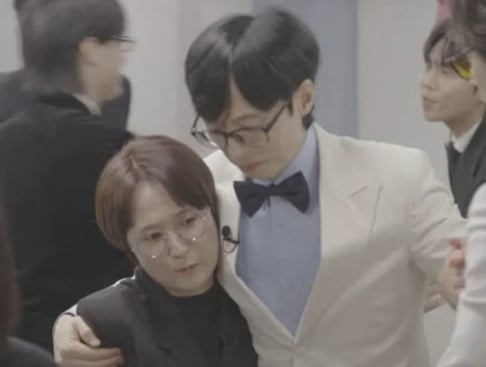
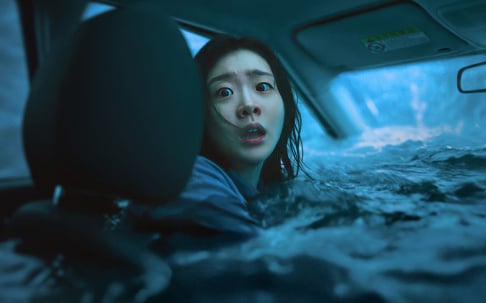
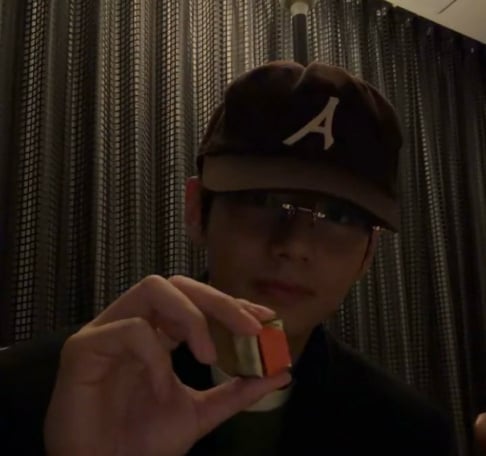
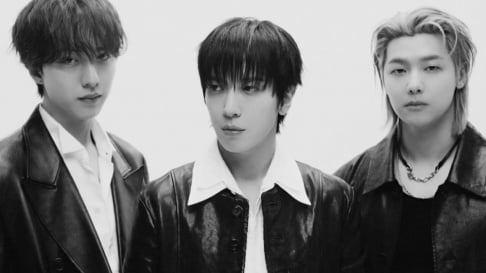
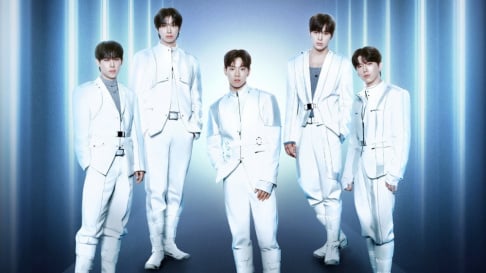

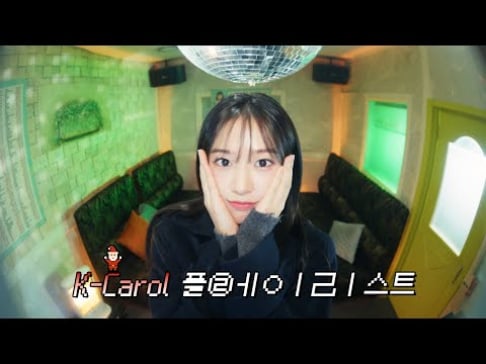
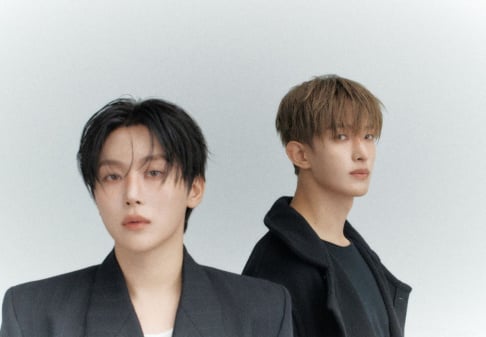
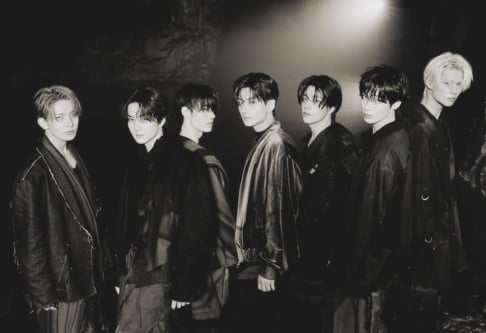
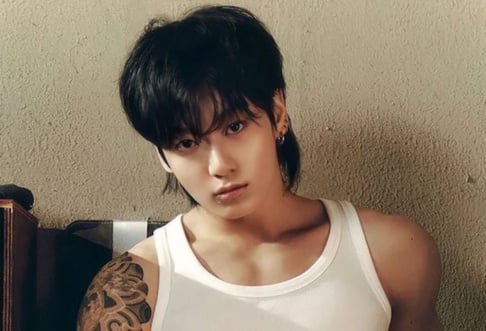

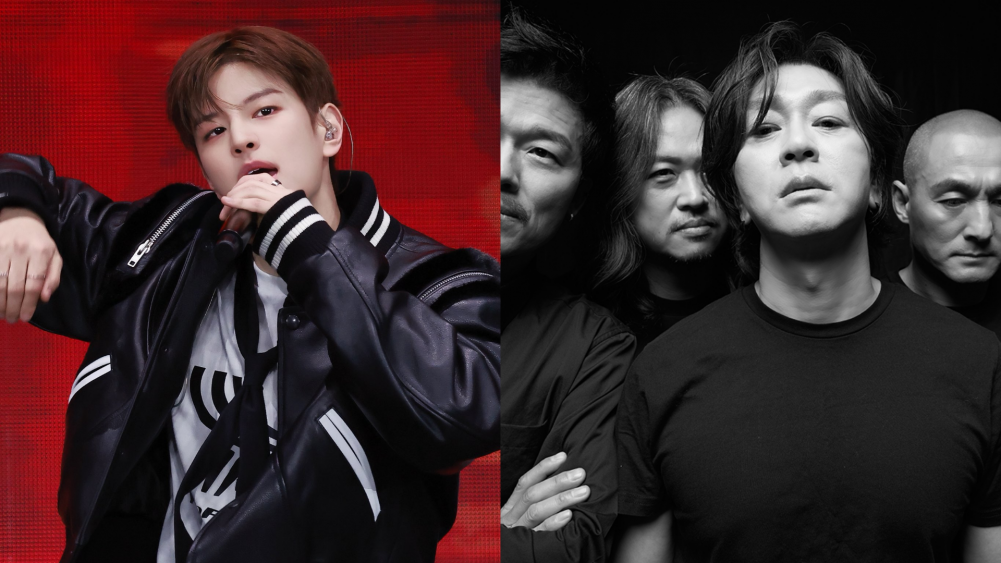

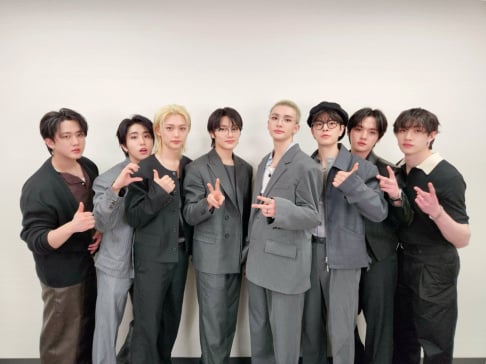
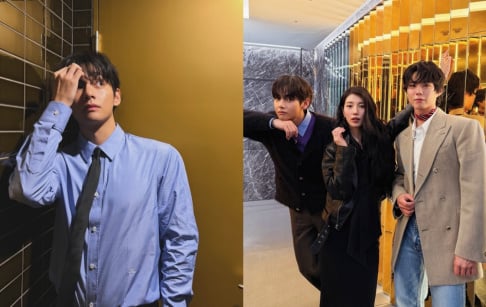

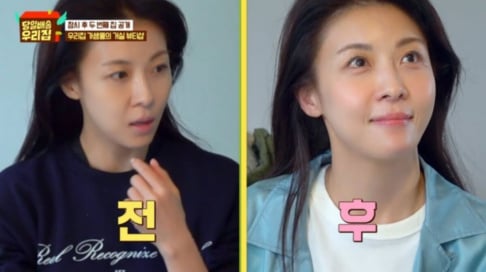
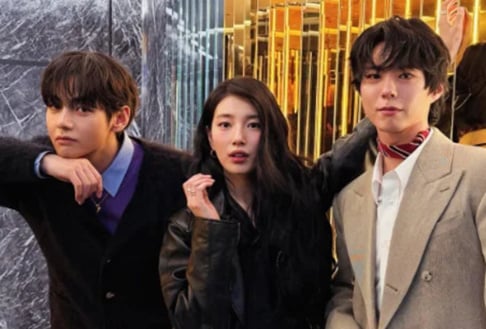
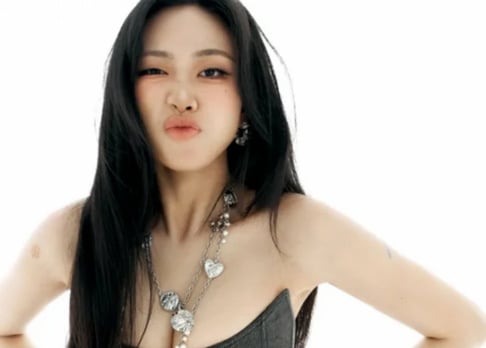
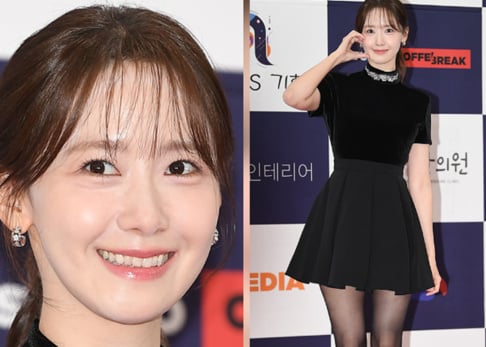






Just the fact that they're asking that question shows how badly mental health and neurodevelopmental awareness is needed globally. There's a reason "spectrum" is the S in ASD; autism manifests in different and, sometimes, less obstructive ways. The idea that a person can or can't do something based on a developmental condition without considering their individual situation is ludicrous and prejudicial.